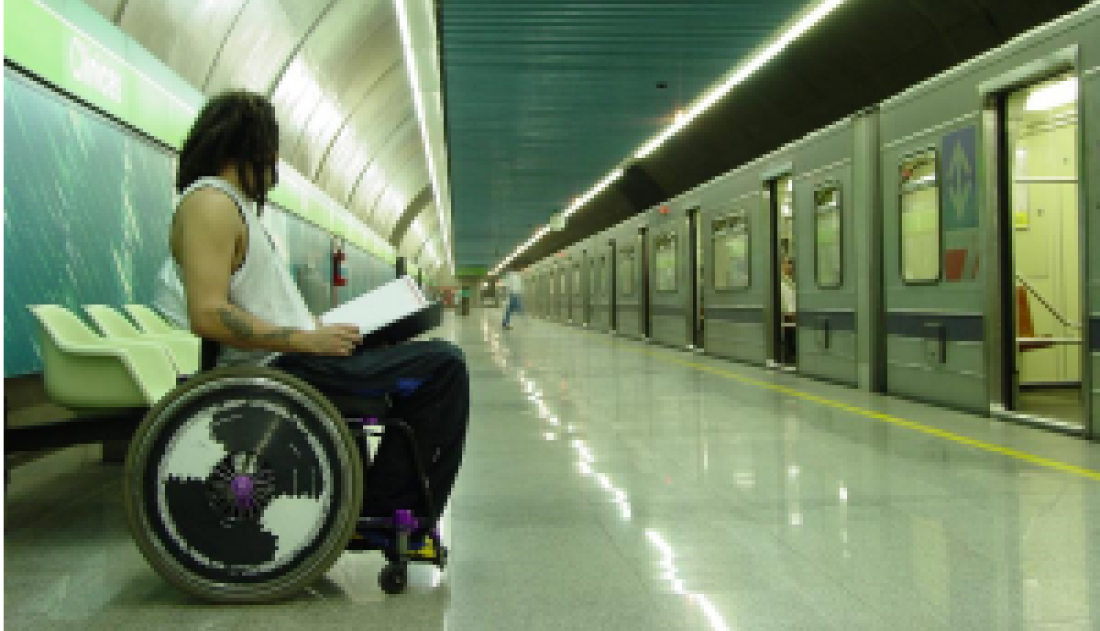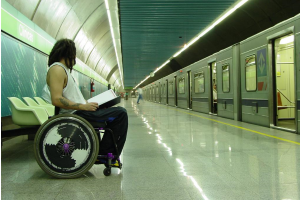
Key dates:
25-29 April 2016: Open-ended Informal Consultative Meeting on the Zero Draft of Habitat III Outcome Document in New York;
6-7 June 2016: Informal Hearing with Stakeholders in New York;
25-27 July 2016: The third session of the Preparatory Committee of the Habitat III in Surabaya, Indonesia;
17-20 October 2016: Habitat III in Quito, Ecuador.
Making cities and towns accessible and inclusive for all, including persons with disabilities, is essential for sustainable urban development and realizing the Sustainable Development Goals (SDGs) for all.
Urbanization is one of the most significant global trends of the 21st century. With 60 per cent of the world’s population predicted to be living in cities by 2030, it is a growing force that is influencing and transforming development in many parts of the world – in both developed and developing countries.
For estimated one billion persons with disabilities across the world, ill planned and developed towns and cities that lacks of accessibility often present a combination of physical, environmental, technical and social barriers to physical and virtual infrastructures, facilities and public services. Poor planning and unregulated urban development can have particularly devastating consequences for persons with disabilities. Lack of access to basic services and facilities pose significant obstacles to inclusion and participation in everyday life and development and can prevent persons with disabilities from escaping poverty and inequality.
The Habitat III will take place in 2016 to review the progress, experience and lessons learnt in the past and to design a "New Urban Agenda”. This Agenda of focused policies and strategies is hoped to harness the power and forces behind urbanization. Habitat III therefore provides an important platform for the world’s urban development policy makers and practitioners, as well as those working in the field of disability to review current progress and practices and consider opportunities for change.
Importantly, the New Urban Agenda needs to ensure that future cities, towns and basic urban infrastructures and services are more environmentally accessible, user-friendly and inclusive of all people’s needs, including persons with disabilities.
Read more about Disability, Accessibility and Sustainable Urban Development
More information on Habitat III HERE.
 Welcome to the United Nations
Welcome to the United Nations



